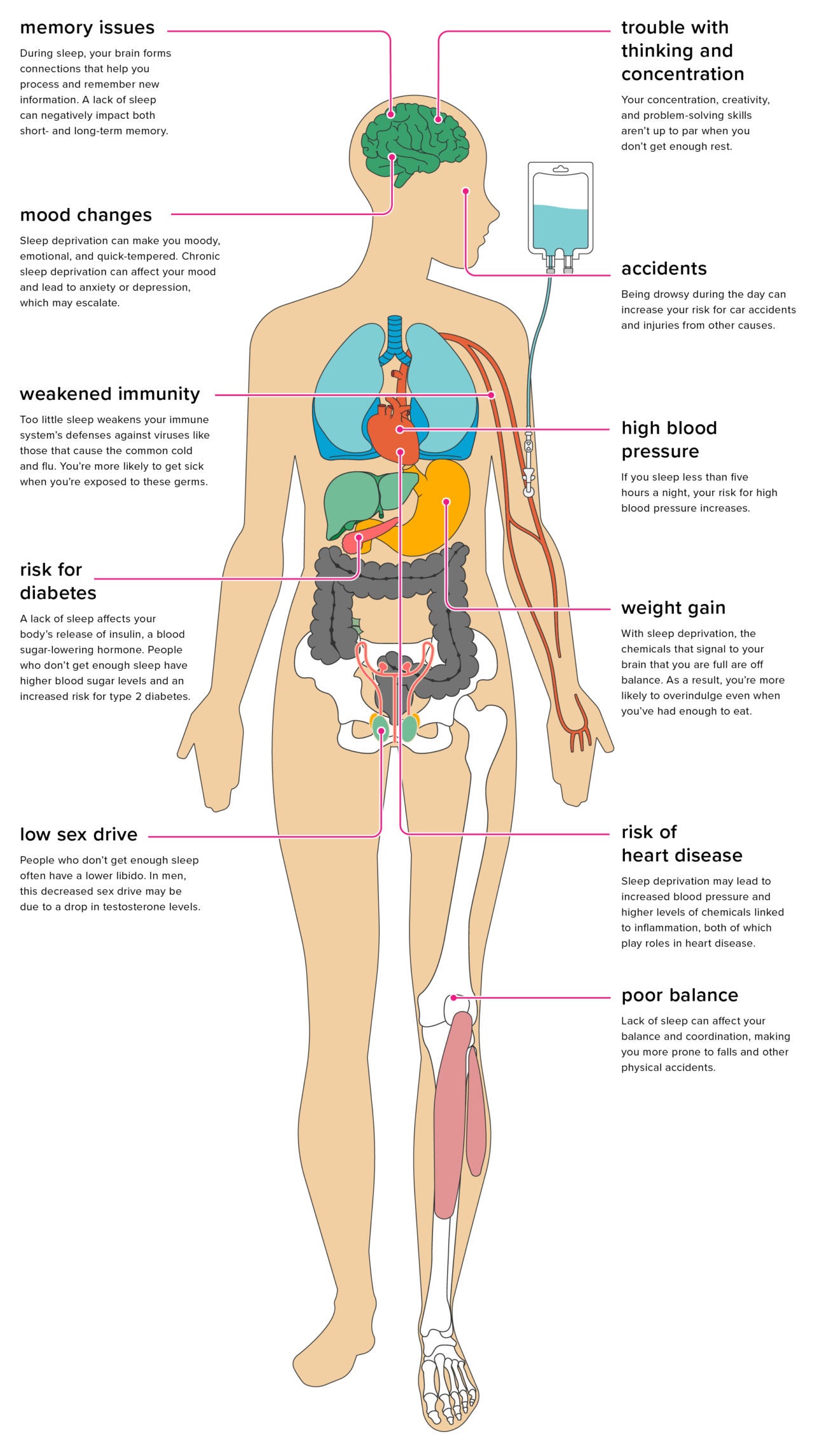Getting enough sleep is crucial for overall health and well-being. But the amount of sleep needed can vary from person to person. The recommended amount of sleep for adults is 7-9 hours per night. However, many people wonder if they can function well on less sleep, specifically 6 hours per night.
So, is 6 hours of sleep enough? Let’s delve into the science and factors to consider to answer this question.
The Importance of Sleep
Sleep is essential for various bodily functions, including cognitive function, emotional well-being, and physical health. Adequate sleep helps to regulate hormones, support immune function, and promote overall brain and body health.
Conversely, insufficient sleep can lead to a range of negative effects, including impaired cognitive function, mood disturbances, weakened immune system, and increased risk of chronic health conditions such as diabetes and heart disease.
Individual Variations
While the general recommendation is 7-9 hours of sleep for adults, individual needs can vary. Some people may feel well-rested and function effectively on 6 hours of sleep, while others may require 8 or 9 hours to feel their best.
Genetics, age, lifestyle, and overall health can all influence how much sleep an individual needs. It’s important to pay attention to your body’s signals and take into account any underlying health conditions or lifestyle factors that may affect your sleep needs.
Quality vs. Quantity
It’s not just about the number of hours of sleep, but also the quality of sleep. Even if you’re getting 6 hours of sleep, if it’s fragmented or of poor quality, you may still experience the negative effects of sleep deprivation.
Factors such as sleep environment, stress levels, and sleep disorders can all impact the quality of sleep. Prioritizing creating a conducive sleep environment and practicing relaxation techniques can help improve the quality of sleep, even if the quantity is on the lower side.
Short-Term vs. Long-Term Effects
While some individuals may feel they can function well on 6 hours of sleep in the short term, it’s important to consider the long-term effects of chronic sleep deprivation. Over time, consistently getting less than the recommended amount of sleep can lead to serious health consequences.
It’s not just about feeling tired the next day; it’s about the cumulative impact on overall health and well-being. Cognitive decline, increased risk of chronic diseases, and overall reduced quality of life are all potential long-term effects of inadequate sleep.
Managing Sleep Needs
If you find yourself consistently getting 6 hours of sleep or less and wonder if it’s enough, it’s important to take proactive steps to manage your sleep needs. This may involve reassessing your daily schedule, creating a relaxing bedtime routine, and addressing any underlying sleep disorders or conditions that may be affecting your sleep quality and quantity.
Seeking the guidance of a healthcare professional or sleep specialist can provide valuable insight into your specific sleep needs and help you make informed decisions about optimizing your sleep habits.

Credit: www.healthline.com

Credit: www.medicalnewstoday.com
Frequently Asked Questions For Is 6 Hours Of Sleep Enough? Discover The Impact Of Sleep Deprivation On Your Health
– How Many Hours Of Sleep Do I Need?
A typical adult requires 7-9 hours of sleep per night for optimal health and functioning.
– Can 6 Hours Of Sleep Be Sufficient?
While 6 hours may be enough for some individuals, it may not provide adequate rest for everyone. Factors such as age, lifestyle, and overall health should be considered.
– What Are The Potential Consequences Of Only Sleeping For 6 Hours?
Insufficient sleep can lead to various consequences, including decreased cognitive performance, impaired concentration, mood disturbances, and increased risk of accidents or health issues.
– How Can I Improve The Quality Of My Sleep?
Establishing a consistent sleep schedule, creating a relaxing sleep environment, avoiding caffeine and electronic devices before bed, and engaging in regular exercise can all contribute to better sleep quality.
Conclusion
Ultimately, whether 6 hours of sleep is enough for an individual depends on various factors, including their unique sleep needs, lifestyle, and overall health. While some people may feel functional on 6 hours of sleep, it’s important to consider the potential long-term consequences of chronic sleep deprivation.
Striving to prioritize both the quantity and quality of sleep is essential for supporting overall health and well-being. Understanding your individual sleep needs and taking proactive steps to manage them can contribute to better sleep and better overall health in the long run.
Leave a Reply